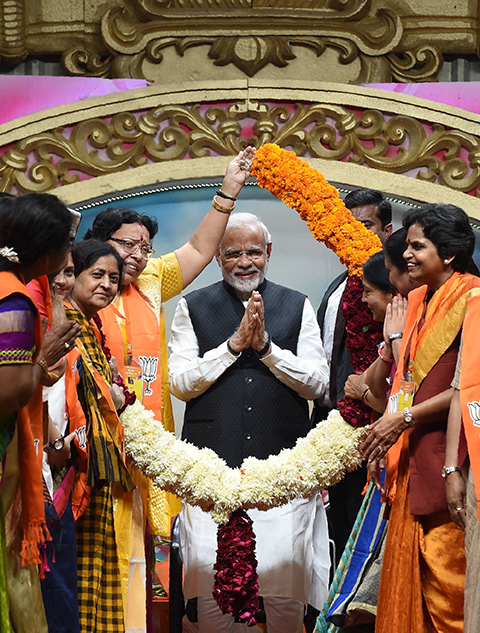

NEW DELHI: Indiahas authorized 10 federal government agencies to intercept and monitorinformation from any computer, a move opposition parties said on Friday riskedcreating a "surveillance state". The interior ministry said late onThursday the agencies could "intercept, monitor and decrypt anyinformation generated, transmitted, received or stored in any computer"under an Information Technology Act.
"For thenation's security, these agencies have been made accountable so that no oneelse can do these activities," Ravi Shankar Prasad, minister for law andjustice and information technology, told reporters on Friday. The agenciesgiven the powers include the Research and Analysis Wing, the main foreign-intelligencegathering body, the Intelligence Bureau, which focuses on internal operations,the National Investigation Agency, responsible for anti-militant activity, thefinancial crime fighting Enforcement Directorate, the Narcotics Control Bureauand tax investigators. They would need approval from the senior-most civilservant in the interior ministry to carry out such surveillance.
But oppositionparties led by the Congress party, which governed before Prime MinisterNarendra Modi's Bharatiya Janata Party (BJP) came to power in 2014, said thegovernment had introduced the powers "by stealth", without a debatein parliament. The government was attacking citizens' right to privacy, theysaid. "The BJP government is converting India into a surveillance state,"former federal minister and Congress leader Anand Sharma told reporters,flanked by politicians from many opposition parties. "We collectivelyoppose it because this gives unlimited powers to all these agencies to monitorevery information, to intercept and complete surveillance which is unacceptablein our democracy."
The Supreme Courtlast year recognized the right to privacy as a fundamental right, and inSeptember it reined in a government push to make a biometric identity systemknown as Aadhar mandatory for such things as banking and telecom services."The ministry has taken a regressive step by delegating powers todifferent agencies. This is dangerous because there is no independent oversightof the way interception is carried out," lawyer and privacy activist RamanChima said. - Reuters


